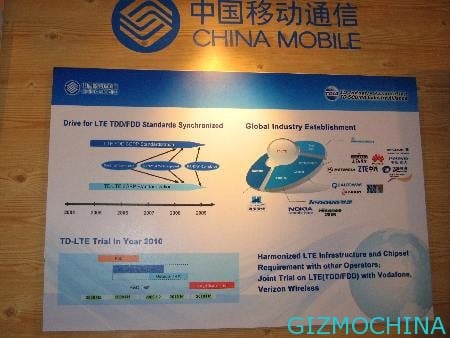In a significant move towards revolutionizing the future of transportation, tech giants Huawei Technologies, Baidu Inc., and Alibaba Group Holding Limited are collaborating with China’s Ministry of Transport to establish crucial technology standards for autonomous driving on the nation’s highways. This collaboration, detailed in the “technical guidelines for highway engineering facilities supporting automated driving,” involves extensive efforts to integrate new technology into China’s road network, aligning it with the demands of the emerging autonomous driving industry.

These guidelines, slated to become effective from December 1, emphasize the implementation of centralized cloud control platforms, advanced traffic sensors, communication and positioning equipment, roadside computing facilities, power supplies, and network security measures. Cloud platforms will be optimized to store, process, and exchange traffic information with automated vehicles. Meanwhile, traffic sensors will play a vital role in monitoring traffic flow, incidents, and weather conditions, thereby supporting the seamless functioning of autonomous driving systems.
Roadside computing facilities will be responsible for gathering and disseminating traffic information collected from both roads and vehicles, contributing to the overall intelligence of highways. Equally essential, network security facilities will ensure the integrity and confidentiality of software and data, safeguarding them against any tampering, sabotage, or leakage.
This initiative is a part of China’s broader plan to modernize its highway system, with a substantial investment of $219 billion allocated in 2022 alone, reflecting a 7.3% increase from the previous year. The aim is to prepare the country’s roads for the imminent wave of autonomous vehicles. Furthermore, China has already approved various automated driving experiments conducted by local tech firms, including Baidu’s robotaxi fleets operating in designated areas within major cities such as Beijing, Wuhan, and Chongqing.
The collaboration between these tech giants and the Ministry of Transport represents a significant step forward in realizing China’s ambitions for autonomous driving technologies. By setting these crucial standards, the nation is paving the way for a future where autonomous vehicles can seamlessly integrate into the existing infrastructure, promising safer and more efficient transportation solutions.
Related:
- Huawei CTR-AL20 is an upcoming budget smartphone with Mate 50 series design
- China’s Baidu launched an industry-grade medical AI model
- Baidu, ByteDance, Tencent, and Alibaba Purchase Hundreds of Thousands of Nvidia Cards Worth $5 Billion
(via)







